Fr Daniele Mazza, first missionary graduate in Buddhism, witness to the ‘dialogue of friendship’ (photos)
“Too often people of different religions have too little time to talk,” but “Studying for two years with monks gave me” a chance to “ask topical questions without fear of being misunderstood.” "Those who are in contact with Buddhism should not emphasise theory or theoretical concepts, but rather communicating the Christian experience [. . .] and the ways to reach it." Interfaith dialogue is fundamental to the life of the Church in Thailand. The challenges of the future include the call “to grow freer from influences and be more and more the clear voice and image of its Lord."
Bangkok (AsiaNews) – Fr Daniele Mazza is a priest with the Pontifical Institute for Foreign Missions (PIME) who has devoted his mission in Thailand to interfaith dialogue. He is the first missionary to earn a Master's Degree in Buddhism at the prestigious Mahachulalongkorn University, a reference point for the education of Theravada and Mahayana monks.
AsiaNews spoke to Father Daniele to ask him about his academic experience, his mission and the life of the Catholic Church in Thailand. The full version of his thoughts will be published in the August-September issue of AsiaNews magazine (in Italian).
When, some years ago, PIME missionaries in Thailand decided to have a full-time priest devoted to interfaith dialogue, Fr Daniele Mazza immediately offered himself. The clergyman asked to enrol in a Master programme in Buddhism at the Mahachulalongkorn University, an institution run by the Thai Sangha, the country’s Buddhist order, which educates more than 27,000 monks (and a few hundred lay people) from across Thailand and neighbouring countries like Laos, Vietnam, Myanmar, Cambodia, China, Taiwan, Sri Lanka, India, etc. "It was an amazing experience, which left me a lot,” Fr Daniele said.
One of the things the missionary came away with was a deep friendship with people he met along the way, crucial for his work of dialogue. "Too often people of different religions have too little time to talk. The context and limitations of a conference prevent us from developing certain topics and impose certain limits on speech and communication. Studying for two years with [Buddhist] monks gave me however the chance and the time to develop deep bonds of appreciation. In the end, my companions and I felt we were free to ask topical questions without fear of being misunderstood. I have really experienced what Pope Francis calls the ‘dialogue of friendship’, which requires time and patience."
Another important experience for Fr Daniele was vipaśyanā meditation, which he practiced in the woods on two occasions, for 15 days each. This religious practice is very important in Buddhism, but difficult and very "risky" for a Christian. "Quite a few priests and missionaries have abandoned the priesthood and the Christian faith after these experiences. I tried to go through it with profound sincerity and humility," the priest said.
From this experience in meditation Fr Daniele learnt something useful for his missionary life. "Practicing Buddhist doctrine through meditation has made me go further, not only in my way of communicating my experience to others, but also in how to get others to undergo it."
Asked about the methods of effective dialogue with Buddhists, the PIME missionary highlighted two possible paths. The first concerns content. "Those who are in contact with Buddhism should not emphasise theory or theoretical concepts, but rather communicating the Christian experience (which includes so many sub-experiences) and the ways to reach it." Father Daniele has personally experienced this method successfully. During his studies, he was asked to teach a course in Christianity for one semester to the monks in the Comparative Religions department.
"At the end of the course, I took the monks to my parish for a 'taste' of the Christian experience. I took them to a centre for disabled children, to slums to visit old and sick people, to Sunday Mass and a sharing of the Word of God." Speaking of this, the monks greatly appreciated listening to the experience of the other given as a gift. "We do not share experiences," the monks told Fr Daniele. Regarding Sunday Mass, they appreciated the sense of family in the small community in the Bangkok Parish, whilst visiting the sick and the elderly helped them understand why Jesus went to find people.
The second path to dialogue Fr Daniele mentioned regards the mode of dialogue. "The success or failure of dialogue depends greatly on the context we can create between us and the method used. At present, we use the instrument of conferences and symposia but, as I have said, they are too short. Is it possible to generate longer experiences?"
Interfaith dialogue is a fundamental part of the life of the Catholic Church in Thailand, a country in which different ethnic groups and cultures coexist. Catholic communities in the North are characterised by many conversions among tribal people. According to Fr Daniele, "the challenge is to make sure that the various tribes do not turn inward, setting up their own church, but form instead a single family transcending cultural differences." Another challenge is to "preserve the richness of their cultures, without focusing only onto their past, but also without rejecting their roots". In Bangkok, the challenge is to revitalise the work of evangelisation to reach all those living on the geographical and social periphery who are kept on the margins by the life of a megalopolis.
Lastly, with respect to the future challenges of the Catholic Church, Fr Daniele noted that "In recent years, the Thai government has been giving great importance to all religions in ways it has never done before. The government believes that religions must play a key role in shaping minds and contributing to national unity. Such openness by the authorities is one of the signs of the times that Thai Church is trying to meet responsibly. This is a delicate and difficult task to which the Church is called upon in order to make its humble contribution and in which it is called to grow freer from influences and be more and more the clear voice and image of its Lord."
10/04/2022 13:11






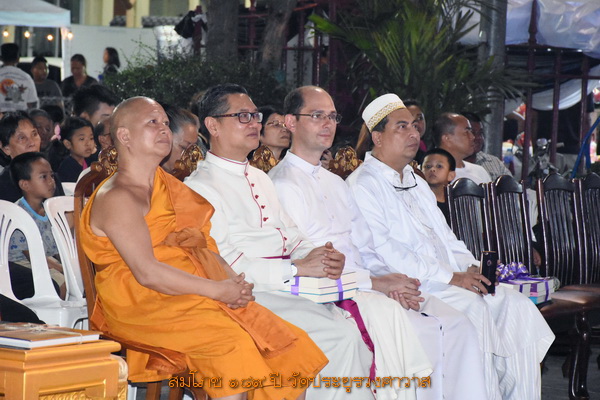
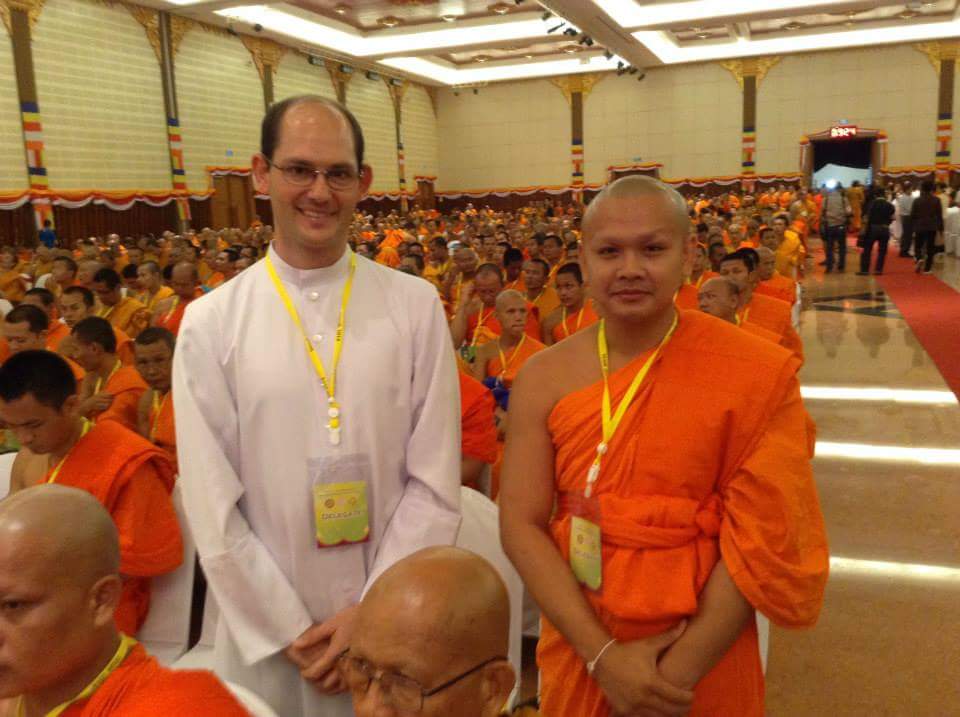
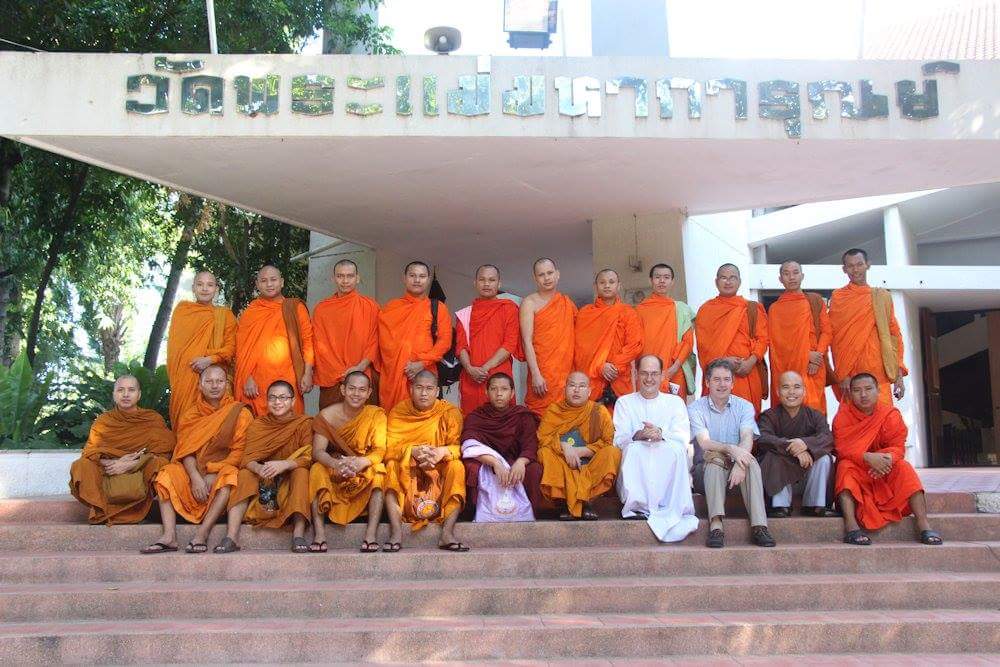
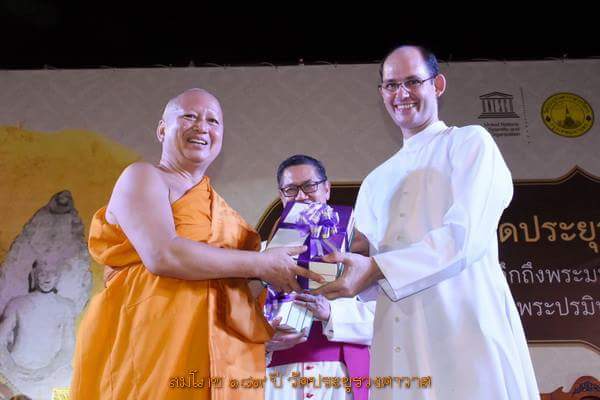
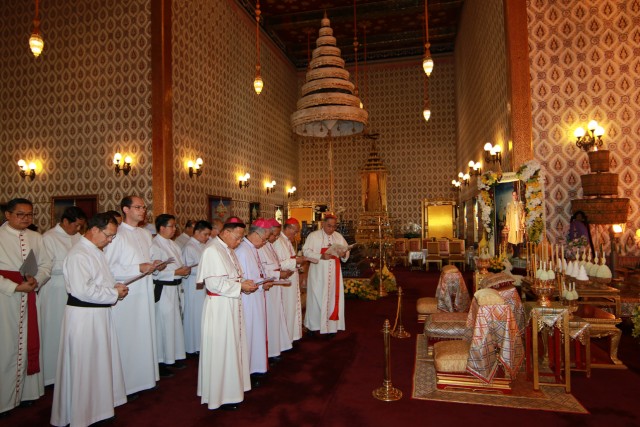
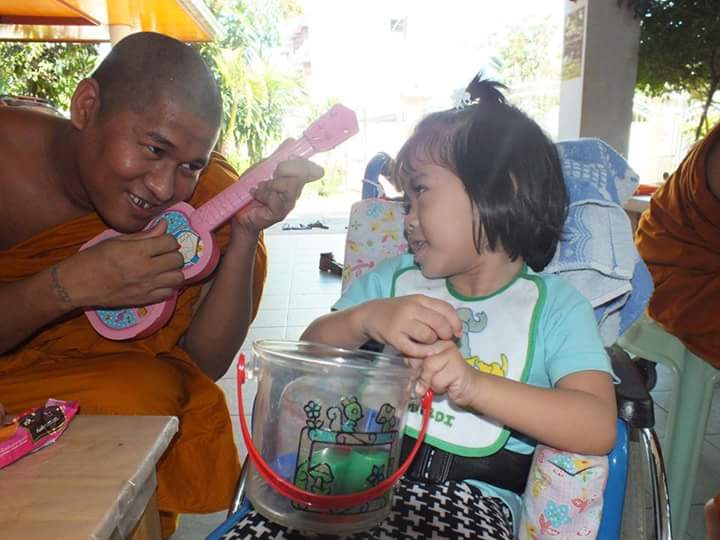

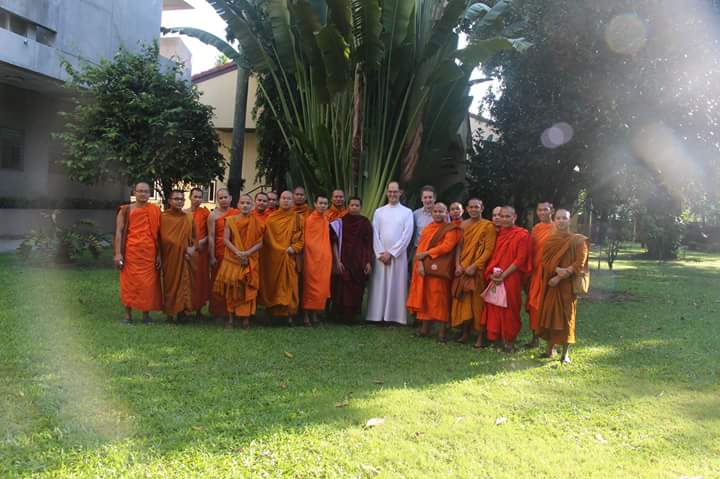
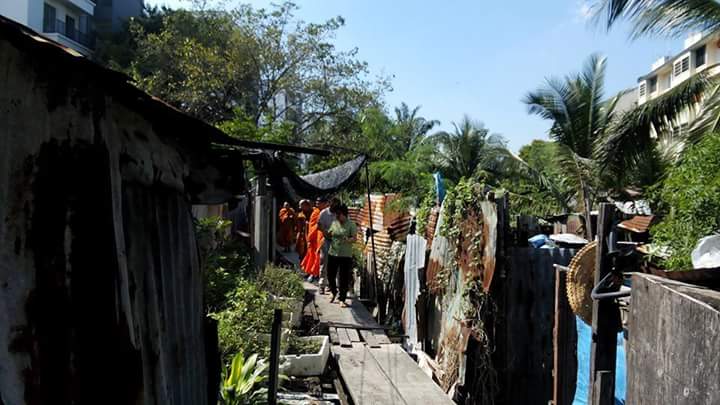
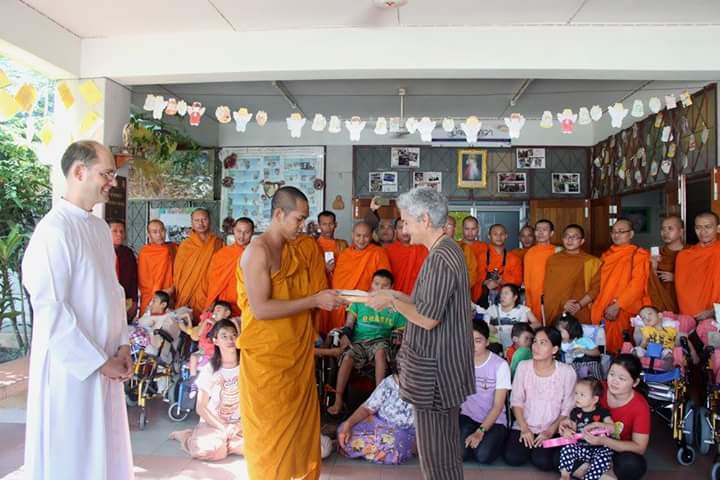
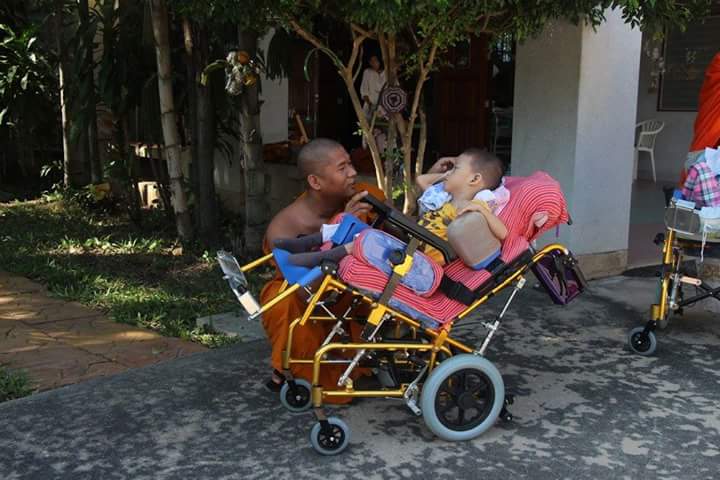

.png)










